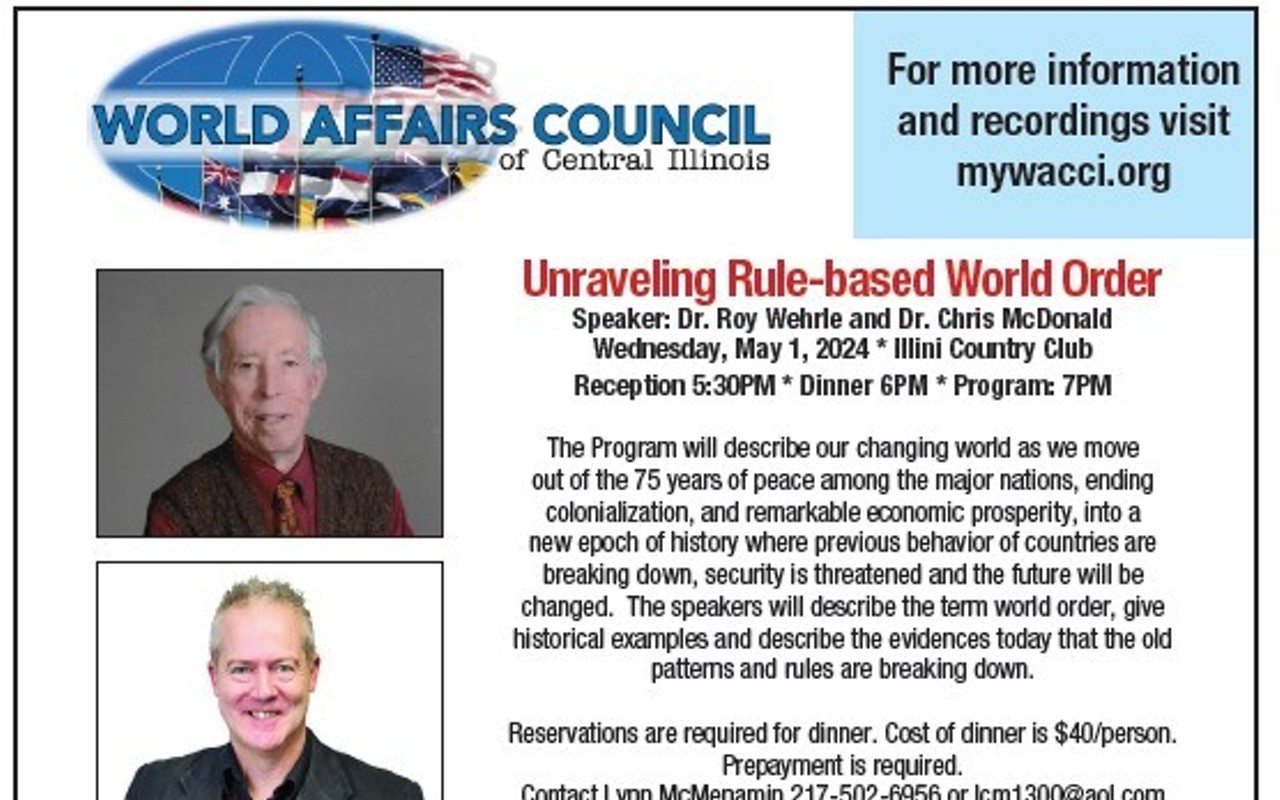In the president’s proposed budget, funding for the National Endowment for the Arts would be eliminated in an attempt to cut “wasteful spending.” This reflects a common, though mistaken, line of thinking to the effect that art is a frivolous and unnecessary expenditure in the face of real bread-and-butter issues of lost jobs and stagnant wages.
In reality, there is nothing wasteful about funding the arts. In fact, in terms of sheer bang for the economic buck, spending $148 million per year (or .004 percent of the federal budget) on the arts is one of the single best investments our government can make in its economy and its people.
Recently, Americans for the Arts conducted a study on the economic impact of nonprofit arts and cultural organizations and their audiences in Illinois. It found that the arts are a $2.75 billion industry in Illinois, generate $323.6 million in local and state revenue and support 78,455 full-time jobs. According to the report, this study “lays to rest a common misconception: that communities support the arts and culture at the expense of local economic development. In fact, they are investing in an industry that supports jobs, generates government revenue and is a cornerstone of tourism. This report shows conclusively that the arts mean business!”
But don’t take my word for it. Mike Huckabee, the former Republican candidate for president, recently wrote an impassioned plea for NEA funding in the Washington Post. He rightly points out that some of the chief beneficiaries are children who are given access to the arts through NEA programs. Arts education has been proven to improve academic performance. Exposure to the arts leads to higher GPAs, better test scores and improved attention, memory retention and problem-solving skills.
Those problem-solving skills are crucial in today’s world, as we certainly have our share of problems. The kids who are going to curb climate change and cure cancer and create jobs and improve access to education are the creative ones, the ones who will look at things a different way and think outside the box and come up with an idea no one’s ever had before. According to Americans for the Arts, Nobel prize winners in the sciences are 17 times more likely to be actively engaged in the arts than other scientists.
Fully 40 percent of NEA grants go to low-income neighborhoods. As Huckabee pointed out, for kids in poverty “NEA programs may be their only chance to learn to play an instrument, test-drive their God-given creativity and develop a passion for those things that civilize and humanize us all.”
Beyond all the numbers and statistics, it is Huckabee’s point about arts civilizing and humanizing us that gets to the heart of the matter. I am not an artist; my drawing ability peaked at the level of stick figures. But I know what it is to be creative, to feel the light of inspiration and the impulse to make that inspiration into a reality. I know the joy of work that’s not really work, the work you do when you’re bringing an idea into being. I firmly believe that creative expression, in whatever form in takes, is necessary for the psychological health of individuals and for the health of society as a whole.
My favorite analogy for this can be found in comparing the elf and orc societies in Lord of the Rings. The orcs were the creatures who clearly cut their NEA funding a long time ago to focus on jobs in their military-industrial complex. As a result, they all seem to be fully employed, and they all seem to be fully miserable, with shriveled souls and joyless existences in stark, ugly, utilitarian bases of operations. Contrast this with the elves living in peace and harmony in Rivendell, surrounded by art and architecture of unimaginable beauty. With a proposal on the table to cut NEA funding, the choice before us is clear: Do we want to be elves, or do we want to be orcs?
Erika Holst is Curator of Collections at the Springfield Art Association.
In defense of arts funding
[
{
"name": "Air - MedRect Combo - Inline Content 1",
"component": "11490391",
"insertPoint": "3",
"requiredCountToDisplay": "1",
"parentWrapperClass": "fdn-ads-inline-content-block"
},{
"name": "Air - MedRect Combo - Inline Content 2",
"component": "11490392",
"insertPoint": "7",
"requiredCountToDisplay": "5",
"parentWrapperClass": "fdn-ads-inline-content-block"
},{
"name": "Air - MedRect Combo - Inline Content 3",
"component": "11490393",
"insertPoint": "12",
"requiredCountToDisplay": "9",
"parentWrapperClass": "fdn-ads-inline-content-block"
}
]
Illinois Times has provided readers with independent journalism for almost 50 years, from news and politics to arts and culture.
Your support will help cover the costs of editorial content published each week. Without local news organizations, we would be less informed about the issues that affect our community..
Got something to say?
Send a letter to the editor and we'll publish your feedback in print!


















